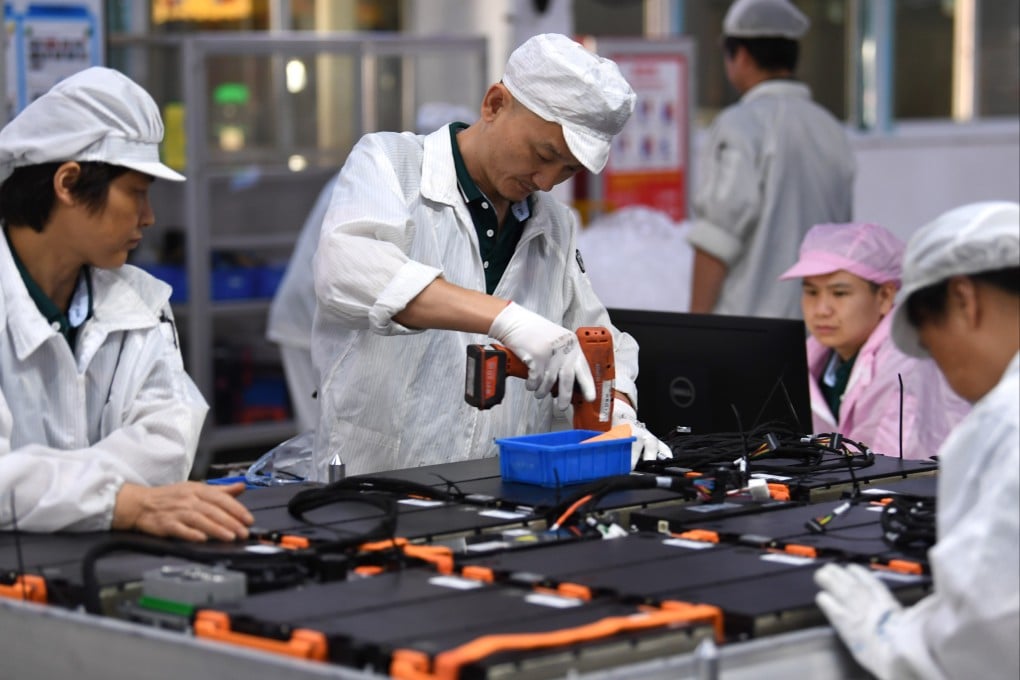‘China is under siege’: US tech controls set stage for ‘aggressive’ response to protect economic growth
- Shockwaves from Washington’s aggressive new containment efforts to cut China off from critical tech threaten far-reaching implications for supply-chain security
- Beijing could respond by requiring Chinese tech companies to devote more resources to protecting China’s competitiveness and productivity, analysts predict

“Many American firms – as well as European, Japanese, South Korean and Taiwanese companies – will get caught in the crossfire,” Marro said. “In the longer term, the loss of foreign inputs in China’s tech supply chains could also lead to [additional] costs, while minimising product and service choice in ways that affect the tech sector’s competitiveness and productivity.”
Other than striving for success in technological breakthroughs and self-reliance, China doesn’t have any other option in the short term, said Shi Yinhong, an international relations professor at Renmin University in Beijing.
“China’s connections with other developed chip-making countries such as the Netherlands, Japan and South Korea could hold out for a while. But after all, they have already decoupled with China in the most advanced technologies, and the pressure from the US, as well as their own concerns about China, could all play a part. So, I am afraid [the buffer] won’t last for long.”
Henry Gao, a law professor at Singapore Management University, anticipates that Beijing will require tech companies to devote more resources to innovation in core technologies.